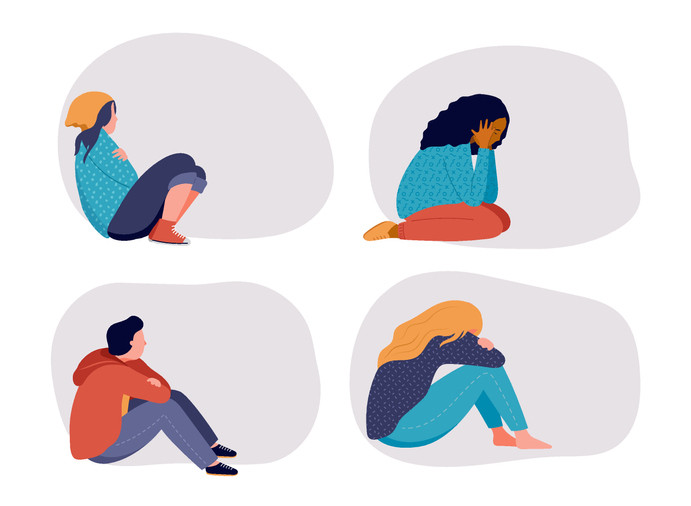Parnian Esmaeilishayeh (12) | STAFF REPORTER
High school students have been sacrificing sleep to complete more work per day and to “feel more productive.” Not only is this lack of sleep counterproductive, but it also leads to more harm in the long run.
Teens are recommended to have nine hours of sleep. This number is unrealistic and shocking for most, proving how a lack of sleep is normalized and accepted. An article by the Child Mind Institute states that 70% of teens do not acquire that amount.
Lack of sleep causes many damaging side effects, resulting in poor academic performance. These results include poor concentration, memory impairment, and daytime drowsiness.
Sleep deficiency disrupts the brain’s ability to function, resulting in a lower ability to concentrate. Concentration is essential for students to learn and retain new concepts taught in school. Without active concentration, the brain will be unable to process information taught and engage effectively, making the “productive” time spent studying overnight fruitless.
Sleep is when our brain forms long-term memories. Without sufficient sleep, the neural connections that form memories will not be strengthened. Without this ability to store information, teens will not be able to build on the knowledge they have learnt and will struggle to grasp concepts. Additionally, there is no benefit to studying overnight to memorize for a test if none of the information can be recalled the next day.
When the brain needs more sleep, it will try to promote it by making it difficult to stay alert. This drowsiness will lead to sleeping in class and dozing out. During lessons, if one is not alert and awake to listen, not only does that make the student seem inattentive, but it will also cause the student to miss parts of lesson explanations necessary to comprehend the content. This is counterproductive, making the students waste more time in reteaching the concepts to themselves.
One might argue that even though one sleeps late every night, one still performs exceptionally in school. However, this does not mean they are at their full potential. Imagine how much more they could accomplish if their brain wasn’t always tired. This high performance can also be temporary. In the long term, this lack of sleep will show itself in side effects.
Although one might believe that sacrificing sleep for studying is more productive, once it prevents the brain from functioning correctly, all the extra effort becomes worthless due to the consequences accompanying those extra studying hours. The new content learnt in those extra hours will not be retained or processed by the brain, as if one had never studied them in the first place. This eventually leads to falling behind and struggling in courses. No one should ever sacrifice their health for school, and one’s well-being always comes first.
Works Cited
Garey, Juliann, and Child Mind Institute. “Teens and Sleep: The Cost of Sleep Deprivation.” Lack of adequate sleep is linked to moodiness, risky behavior and injuries, 8 March 2024, https://childmind.org/article/happens-teenagers-dont-get-enough-sleep/. Accessed 28 November 2024.
National Institutes of Health. “Sleep On It.” How Snoozing Strengthens Memories, April 2013, https://newsinhealth.nih.gov/2013/04/sleep-it. Accessed 28 11 2024.
“Sharpen thinking skills with a better night’s sleep.” Harvard Health, 1 March 2014, https://www.health.harvard.edu/mind-and-mood/sharpen-thinking-skills-with-a-better-nights-sleep. Accessed 28 November 2024.
“Sleep Deprivation and Deficiency – How Sleep Affects Your Health.” NHLBI, 15 June 2022, https://www.nhlbi.nih.gov/health/sleep-deprivation/health-effects. Accessed 28 November 2024.



